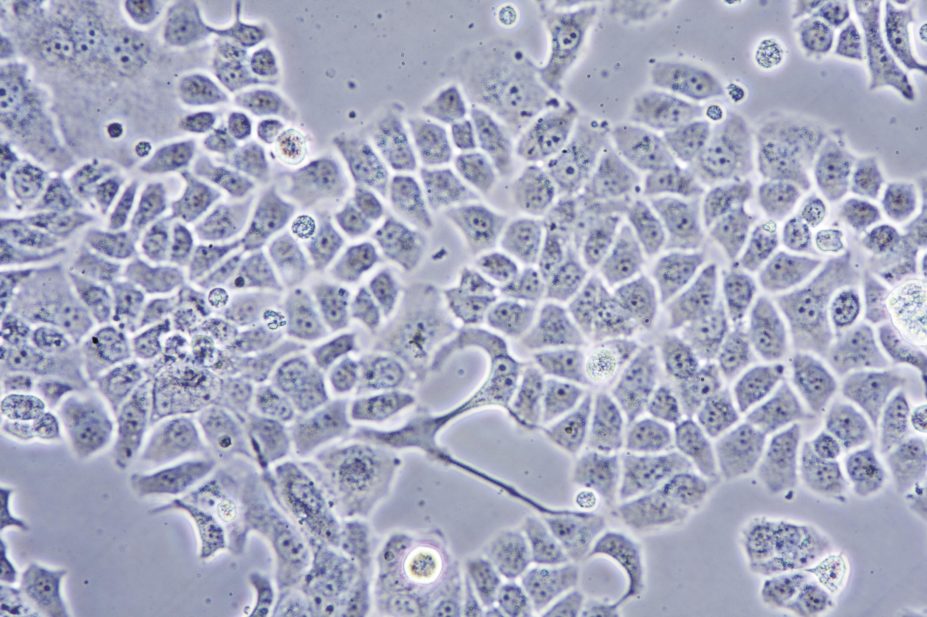
Shutterstock.com
Tamoxifen has had a major impact on reducing the risk of breast cancer recurrences, but many younger women are either not starting treatment or are discontinuing it early. This could be caused by worries about fertility, according to research published in JNCI: Journal of the National Cancer Institute
[1]
on 24 August 2015.
To understand more about the reasons behind the low levels of uptake, researchers looked at the electronic medical records of young women with hormone receptor-positive breast cancer treated at the Northwestern Memorial Hospital’s Lynn Sage Comprehensive Breast Center in Chicago, Illinois.
In the records, reasons women gave for not starting tamoxifen or stopping it early included worries about side effects, such as hot flushes and mood disturbances, concerns about fertility, not believing that there was a benefit from the treatment, and anxieties about an increased risk of endometrial cancer. Wanting to maintain fertility was a considerable factor in both not starting treatment and stopping therapy early.
Around 70% of women with breast cancer have hormone receptor-positive disease, and five years of tamoxifen therapy reduces the risk of disease recurrence by 47% and mortality by 26%. Taking tamoxifen for ten years may be even more beneficial.
Many women worry about the effect of cancer chemotherapy on their fertility; while tamoxifen does not damage the ovaries, it can affect the growth and development of an unborn baby, and so women are strongly advised not to become pregnant. For women who had hoped to have children, especially those who are in their thirties or forties, the thought of this substantial ‘time out’ of their reproductive years can be a deterrent to starting or adhering to tamoxifen treatment.
Carolyn Rogers, a clinical nurse specialist at UK charity Breast Cancer Care, says their helpline receives calls from women concerned about taking tamoxifen, including fertility and menopausal side effects.
“It’s important that women know about the side effects, and the consequences of taking tamoxifen and becoming pregnant,” she says. “This means that they can make an informed decision.”
As discussed in an editorial accompanying the paper[2]
, young women with hormone-responsive breast cancer face a complex set of decisions, and advice needs to be tailored to their circumstances. Managing and preserving fertility could be an option to improve uptake of, and adherence to, tamoxifen. This could include freezing eggs or embryos, or even delaying tamoxifen until after pregnancy.
“Younger women are concerned,” says Rogers. “We advise them to discuss their worries with their oncologist. There may be an option to interrupt their treatment and try for a baby, but this will depend on a variety of factors, including the individual’s risk of recurrence, and must be decided on a case-by-case basis.”
References
[1] Llarena NC, Estevez SL, Tucker SL et al. Impact of fertility concerns on tamoxifen initiation and persistence. JNCI J Natl Cancer Inst 2015;107(10):djv202.
[2] Rosenberg SM & Partridge AH. New insights into nonadherence with adjuvant endocrine therapy among young women with breast cancer. JNCI J Natl Cancer Inst 2015;107(10):djv245.


